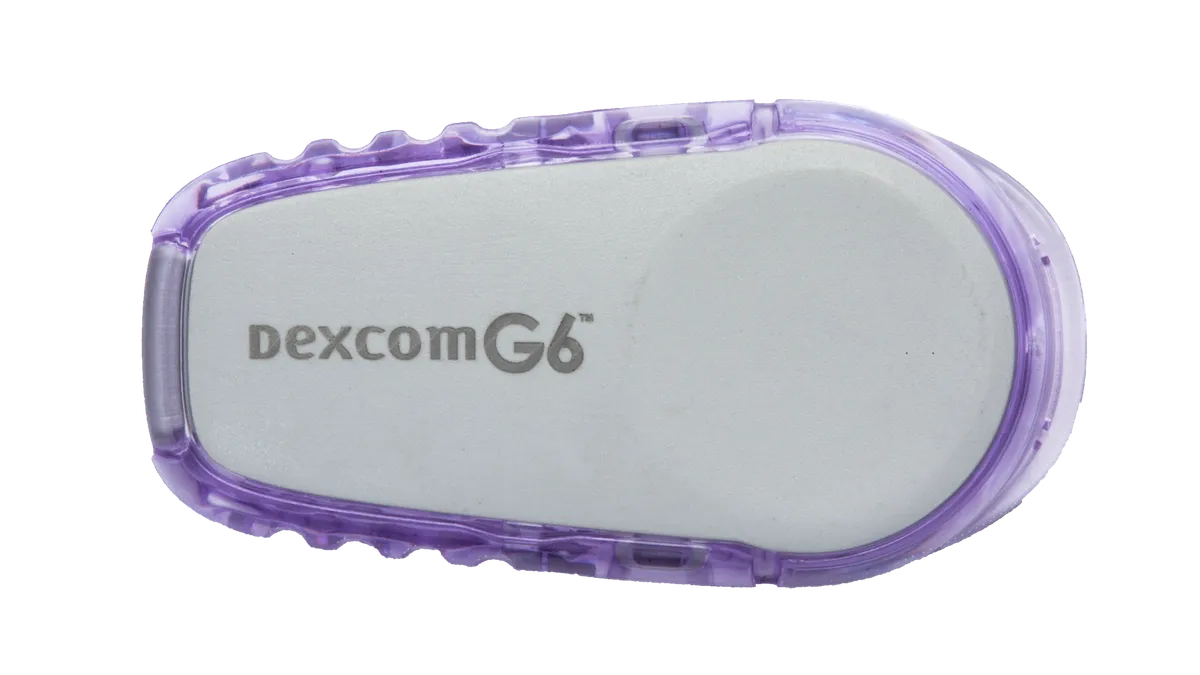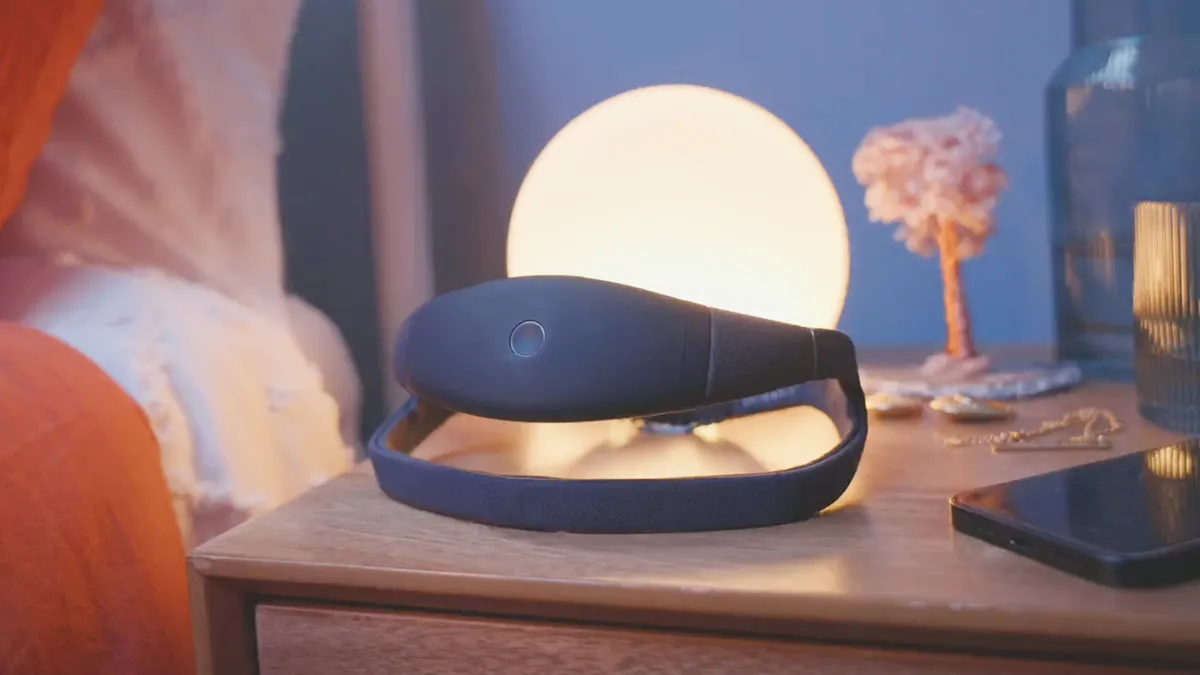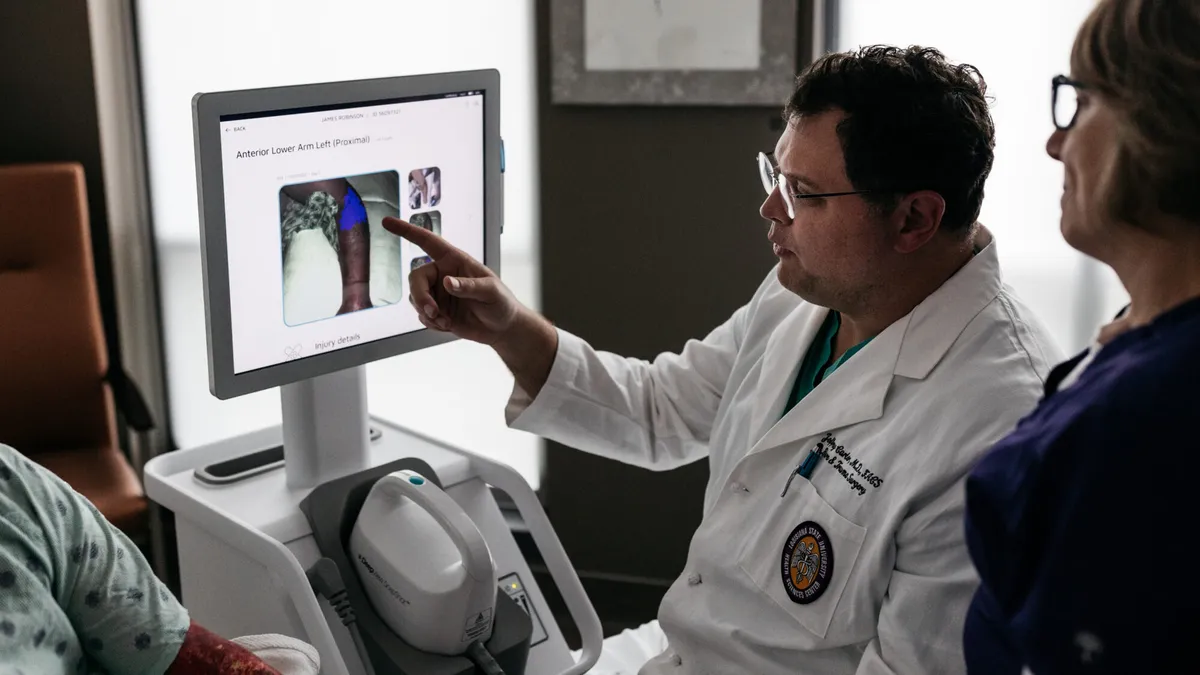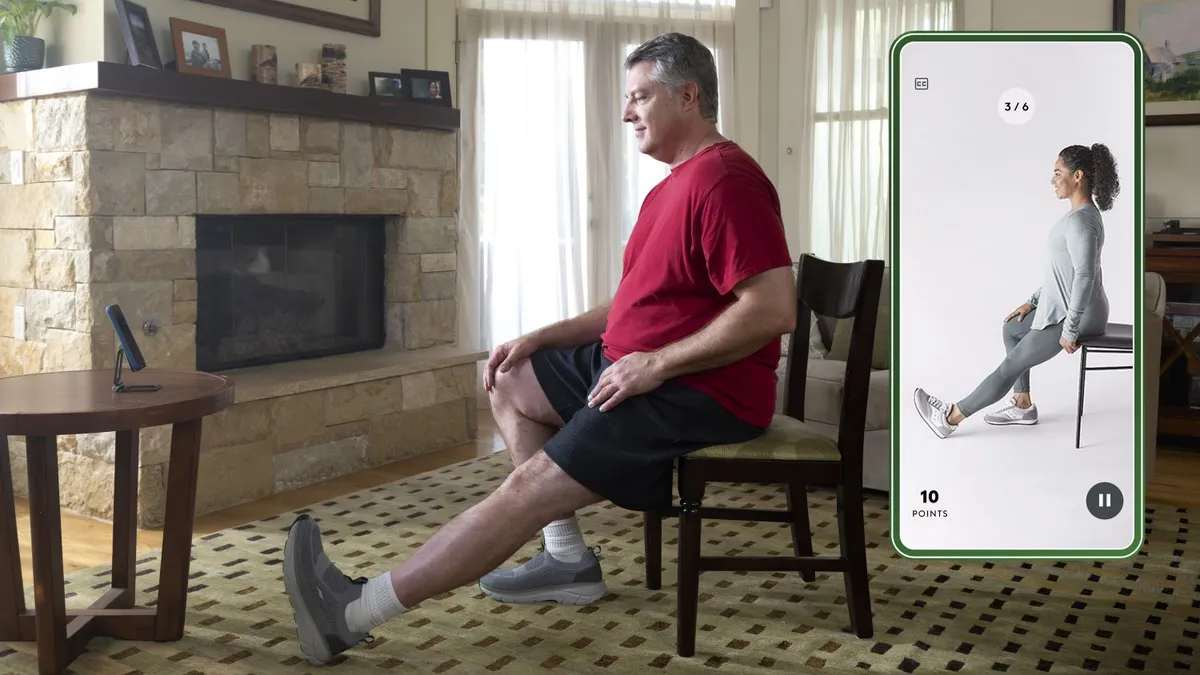Even before Dexcom's Super Bowl commercial aired Sunday night, the company faced pushback about affordability of their continuous glucose monitors. That critique continued after the Nick Jonas-starring ad ran and asked, why in a world defined by the latest advanced technology would people with diabetes still rely on finger sticks for diabetes management?
Patients with Type 1 diabetes began responding on Twitter. While many praised the company's tech for helping them control their blood glucose, another thread emerged: The company's G6 CGM system was too expensive for all patients to adopt, with some contrasting the fact that patients struggle to afford the product to the estimated $5.5 million cost to air a Super Bowl ad.
The fact that a diabetes device company can afford to air a $5 million+ commercial while millions with diabetes struggle to afford their insulin is EXACTLY why advocates point out that these companies spend more on marketing than access. #insulin4all #dexcom #superbowl
— Justin Mendoza, MPH (@JustinDMendoza) February 2, 2021
Dexcom deflected the criticism, calling the ad an education move to improve access for patients.
"Raising awareness is a critical component of the fight to improve access and reimbursement, so running an ad during the Super Bowl is one of the most impactful ways to support and energize our ongoing efforts to make CGM accessible to everyone who can benefit from it," Dexcom said in an emailed statement when asked to respond to pricing critiques.
The company declined to comment on how much the ad cost.
Dexcom and Abbott Laboratories are leading CGM makers in the fast-growing diabetes tech market, which also includes insulin pumps and closed-loop systems made up by connecting the two devices. The space has attracted attention from investors and Wall Street analysts as Dexcom and Insulet have been successful over the last several years and Abbott's FreeStyle Libre CGMs repeatedly drive growth for the company.
The battle over pricing has been at the center of the CGM competition — Abbott strategically targeted a cheaper CGM that can reach a wider population and Dexcom has recently shifted to primarily sell their products through pharmacies, which lowers their price.
Dexcom contends one month of supplies, which include three 10-day sensors, cost $60 or under for over 70% of users with pharmacy coverage in the U.S. and one-third do not have any out-of-pocket costs, according to the company. But those numbers do not apply to all patients.
Price estimator website GoodRx found the average retail price for three 10-day Dexcom G6 sensors was $424, but $135 for two 14-day sensors for Abbott's FreeStyle Libre.
A spokesperson for the American Diabetes Association said that patients with diabetes often face a series of hurdles to get access to new diabetes tech. For example, commercial insurance often does not cover the devices for all individuals, leaving the patient responsible to cover the full price if they choose to use them.
Ninety-nine percent of insurance providers cover Dexcom's products, according to the company. However, the ADA spokesperson explained that even if a plan covers the devices patients still face challenges getting the device prescribed. Furthermore, the majority of patients who would benefit from CGMs are on Medicare, and the government insurance program has narrow reimbursement requirements.
Even if a patient gains coverage under commercial insurance or Medicare, the coverage can be inadequate and still leave large out-of-pocket costs, according to the spokesperson. Pricing and access issues regarding CGMs and insulin pumps are in addition to challenges the diabetes community faces even without the devices, such as climbing insulin prices.
These access issues have also been exacerbated under the coronavirus pandemic. In a December survey conducted by the ADA, 20% of patients said they have foregone CGM or insulin pump use, with half citing costs. About 15% of patients who rely on management devices like CGMs and pumps have not refilled supplies, with 70% saying it is due to costs.
Like many pharma and medtechs, Dexcom said in its statement that the company started a patient assistance program to help users that have lost health insurance during the pandemic.
The ADA plans to work with Congress and the Biden administration specifically around cost and access issues for diabetes management technology, with a focus on increased reimbursement and coverage amounts and policies that can incentivize more competition in the space.
Some policy movement has already begun. CMS proposed a rule in October that would expand coverage of CGMs through the durable medical equipment channel; however, both Dexcom and Abbott focus on selling devices through pharmacies. And California Gov. Gavin Newsom is seeking to expand Medicaid coverage of CGMs as part of the 2021-22 state budget.



















